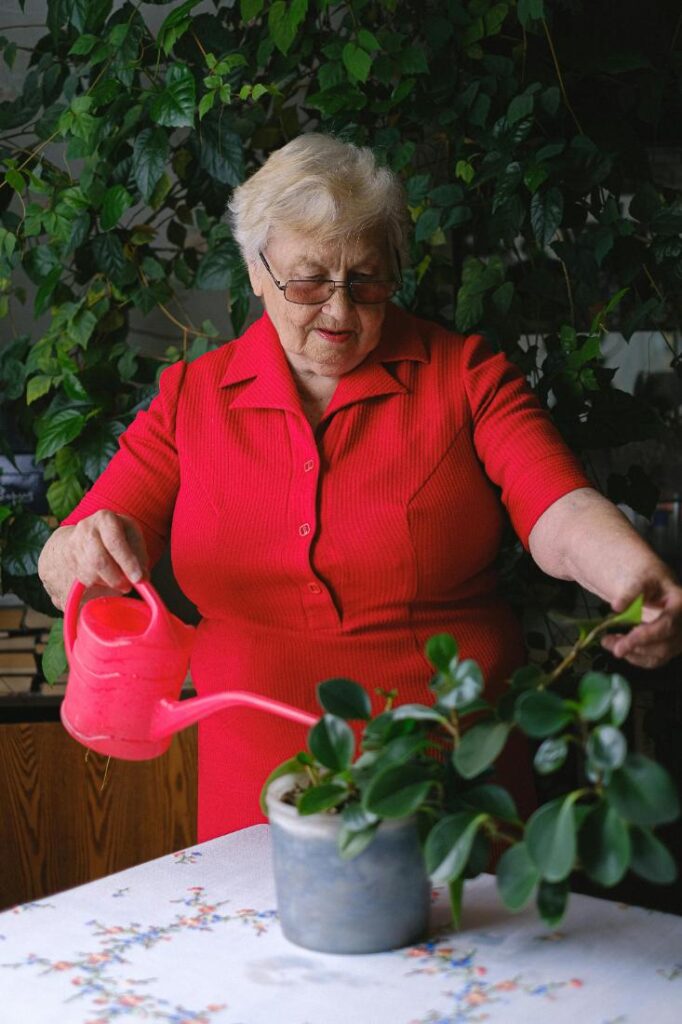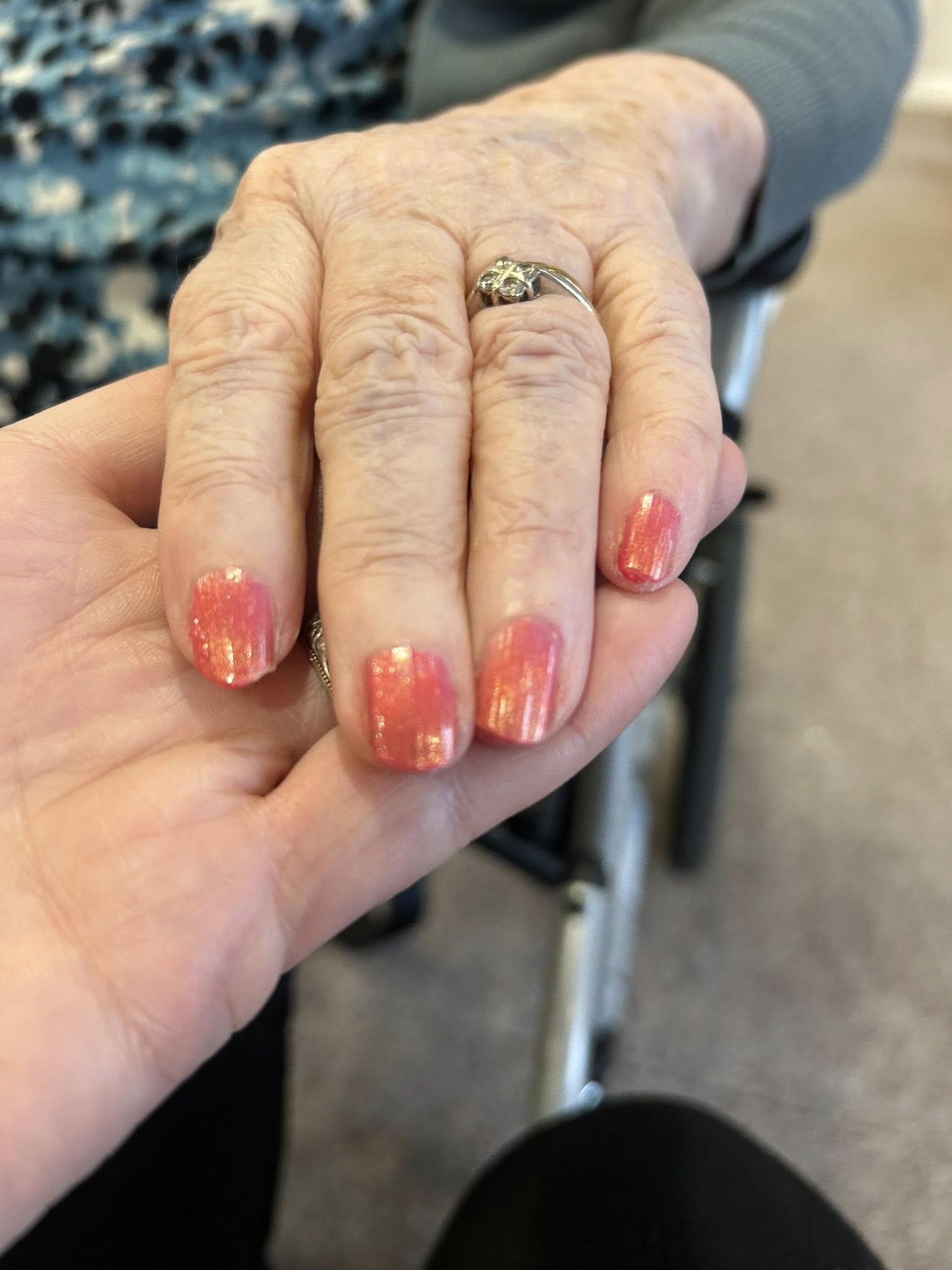The Top Benefits of Care Home Living for Seniors & Their Families

When it comes to ensuring a happy, healthy, and fulfilling life in later years, living in a residential care home can be an excellent option for many older adults and their families. Care homes provide a safe and supportive environment, offering not only personal care and assistance but also opportunities for social engagement, companionship, and meaningful activities. In this blog, we will explore and highlight the many benefits of care home living, helping you understand how it can enhance quality of life for you or your loved ones as they age.

Introduction to Care Homes
Care homes provide more than just somewhere to live, they create a community where seniors receive personalised support tailored to their individual needs or preferences. Whether it’s support with day-to-day activities such as dressing, washing, meal preparation, or access to professional nursing care for more complex medical needs, care homes are equipped and designed to provide a broad spectrum of services to the senior community.
For older people experiencing difficulty with daily living, care homes offer an environment where independence is encouraged alongside compassionate support. A great mix of both can make such a positive difference to not only the resident but their families or carers too. Furthermore, local authority funding may be available to assist with costs, subject to a financial assessment, making care home living a viable option for many families from a range of different social-economic backgrounds.
Beyond practical care, care homes such as Beechgrove also foster social engagement through planned activities, communal dining, and shared spaces designed to encourage friendships and reduce isolation and loneliness.



Understanding Care Home Options
It is imperative to understand the different types of care homes, as each is designed to meet unique needs. Residential care homes, also known as care homes, primarily focus on personal care and support, making them ideal for seniors who can manage some aspects of daily living but require assistance with others such as dressing, washing, and meal preparation. In contrast, nursing homes offer nursing care alongside personal care, supporting those with complex medical conditions that need regular monitoring and treatment from qualified nurses available 24/7. Care homes can be privately run, council-operated, or managed by voluntary organisations, and many specialise in specific types of care, including dementia support. Understanding these distinctions helps families make informed decisions aligned with their loved one's health and lifestyle needs, balancing the level of medical care required and personal preferences for support and environment
There are many influential reasons why care home living can be beneficial:
Many residents find that moving into a care home reduces loneliness by providing constant opportunities for social engagement through planned activities, events, and communal spaces designed to foster interaction and friendships. Care homes typically provide comfortable facilities such as lounges, spacious gardens, elegant dining areas, and accessible amenities that ensure safety and convenience for all residents. Professional care is available around the clock, with trained carers and visiting healthcare professionals delivering personalised support tailored to each resident’s health and well-being needs. Safety and security are paramount, with 24-hour staff presence and emergency response systems offering peace of mind for both residents and their families. Altogether, care homes create an environment that promotes not only physical health but also emotional happiness, dignity, and a high quality of life.
Finding the Right Care Home
Choosing a care home is a significant decision. It’s recommended to visit several homes in person as well as online, ask plenty of questions, and consider factors such as location, atmosphere, staff interaction, and care quality. Registration with regulatory bodies and positive inspection reports are good indicators of high standards such as CQC (England) or The Care Inspectorate for Scotland.
Many homes offer trial stays or respite care, allowing prospective residents to experience the environment before committing long-term, which can ease the transition and really get a feel for what it is like and what it could be like for them permanently.
Care Home Services
Modern care homes offer an extensive array of services designed to enhance quality of life for seniors:
- Personal and Nursing Care: Assistance with daily tasks and medical support.
- Specialist Care: Including dementia, palliative care, and rehabilitation services.
- Additional Comforts: Hairdressing, nail care, physiotherapy, and holistic therapies add to the sense of well-being. Some even offer sensory rooms, gardening clubs and private transport.
- Individual Care Plans: Developed in collaboration with residents and families to address unique needs and preferences and ensure person-centred care.
These services ensure that every resident's physical and emotional needs are met with respect and kindness.


Support for Family Members
A care home’s role often extends to offering reassurance and assistance to families:
- They provide guidance on care options and financial matters.
- Many offer counselling or support groups to help families manage emotional challenges.
- Social events and family involvement opportunities foster connection.
- Flexible visiting hours and even accommodation facilities sometimes enable family members to stay close.
This support helps ease the burden on families while promoting a sense of shared community.
Care Home Staff and Training
The quality of staff is at the heart of a successful care home. Staff members are carefully trained to provide compassionate, person-centred care. Many homes invest in ongoing training, including specialised courses focused on dementia care, safeguarding, and first aid. Ensuring the latest knowledge and practices are being used.
Adequate staff-to-resident ratios are essential in ensuring attentive and personalised care, and many homes actively develop their teams through professional development and support.
Safety and Security
Residents’ safety is paramount in care homes. Secure access systems, risk assessments, emergency call systems, and safeguarding policies protect residents from harm or neglect. Supervised outdoor activities are often available, ensuring residents can enjoy fresh air and exercise safely.
Social Activities
Active social lives are encouraged in care homes to maintain emotional well-being and mental agility. Activities might include arts and crafts, music sessions, gardening, quizzes, and outings. Communal dining and lounges provide informal spaces for conversation and friendship building.
Food and Nutrition
A balanced diet is vital as we age. Care homes provide varied, nutritious menus to meet dietary requirements and preferences, vegetarian, vegan, gluten-free, and more. Staff are trained to assist residents with eating and hydration, ensuring no one’s nutritional needs are overlooked.
Regular snacks and refreshments help sustain energy levels throughout the day, enhancing overall health.


Transportation
Many care homes offer transportation for outings and appointments, supporting residents’ social and cultural needs. Access to local public transport, wheelchair-friendly vehicles, and visitor parking also contributes to residents’ independence and convenience.
Care Home in South Lanarkshire
Choosing a residential care home can be a positive step toward ensuring quality of life for seniors and peace of mind for their families. Care homes provide a nurturing community, expert care, and an enriching lifestyle tailored to individual needs. Exploring your options, asking questions, and visiting potential care homes are important steps to finding the perfect fit.
With compassionate staff, well-trained professionals, and a focus on safety, social engagement, and wellbeing, care homes offer a supportive environment where seniors can thrive and families can feel confident their loved ones are well cared for.
If you’re considering care home living for yourself or a family member, take your time exploring what’s available to you.




